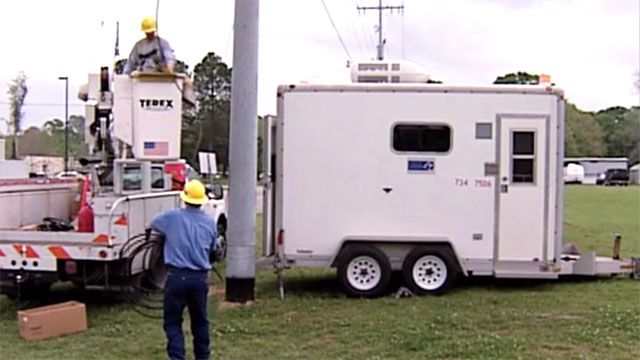This post originally appeared at The New York Times.

Last week’s proposal by the Federal Communications Commission to allow Internet service providers to charge different rates to different online content companies — effectively ending the government’s commitment to Net neutrality — set off a flurry of protest.
The uproar is appropriate: In bowing before an onslaught of corporate lobbying, the commission has chosen short-term political expediency over the long-term interest of the country.
But if this is the end of Net neutrality as we know it, it is not the end of the line for fair and equitable Internet access. Indeed, the commission’s decision frees Americans to focus on a real long-term solution: supporting open municipal-level fiber networks.
Such networks typically provide a superior and less expensive option to wholly private networks operated by Internet service providers like Comcast and Time Warner.
The idea of muni networks has been around for a while, with bipartisan support. When the Telecommunications Act was under discussion in 1994, Senator Trent Lott, Republican of Mississippi, was one of its most enthusiastic supporters. Thanks to him and others, the act, passed in 1996, prohibits states from putting up unreasonable obstacles to any entity that wants to provide telecommunications services.
So why didn’t a thousand muni networks bloom? After all, the 1996 act was aimed at increasing competition. But private providers rightly recognized muni networks as a threat and in the subsequent decades have pushed through laws in 20 states that, despite the 1996 act, make it difficult or impossible for municipalities to clear the way for the sorts of networks that the 1996 act envisioned.
Watch how Lafayette, Louisiana prepared to get its fiber-optic network.
That means that the main problem behind getting muni networks up and running isn’t about the technology — which not only exists, but is already being used in large and small cities around the world — but about the politics.
As a first step, Americans need to focus their efforts on getting these laws taken off the books. (To its credit, the FCC recently signaled its willingness to help, saying it would consider blocking those laws at the federal level.)
Mere legislative change won’t be enough, however. We need to elect leaders on the basis of their commitment to changing America’s stagnant communications infrastructure.
There is much to be done at every level of government, but cities are the most promising battleground right now. Mayors, Republican and Democrat alike, are in the business of providing their citizens with services, and fiber infrastructure is just like a city street grid: Economic development, quality of life, new jobs and a thriving competitive market all depend on its presence.
Most important, cities have assets in the form of control over conduits, poles and rights of way that can be used to support the provision of competitive fiber-optic networks. Since 1998, my hometown, Santa Monica, California, has been saving money by shifting from paying expensive leases on private communications lines to using its own fiber network, called City Net.
The city planned carefully and built out City Net slowly, taking advantage of moments when streets were being opened for other infrastructure projects. Businesses in Santa Monica now pay City Net a third of what a private operator would charge and the city government has made millions leasing out its fiber resources at reasonable rates to other providers.
According to Christopher Mitchell of the Institute for Local Self Reliance, a national expert on community networks, more than 400 towns and cities across America have installed or are planning networks. And that’s not just good for consumers; it’s good for business. Companies are moving to places like Wilson, North Carolina and Chattanooga, Tennessee, because those cities provide public, inexpensive, high-capacity connectivity.
American cities need fast, cheap, ubiquitous, open fiber networks and every city has the tools at its disposal to get these networks built. But there are powerful and well-funded incumbents who will fight any mayor brave enough to consider the idea. If you’re furious about your cable bill and worried about Net neutrality, go tell city hall.


